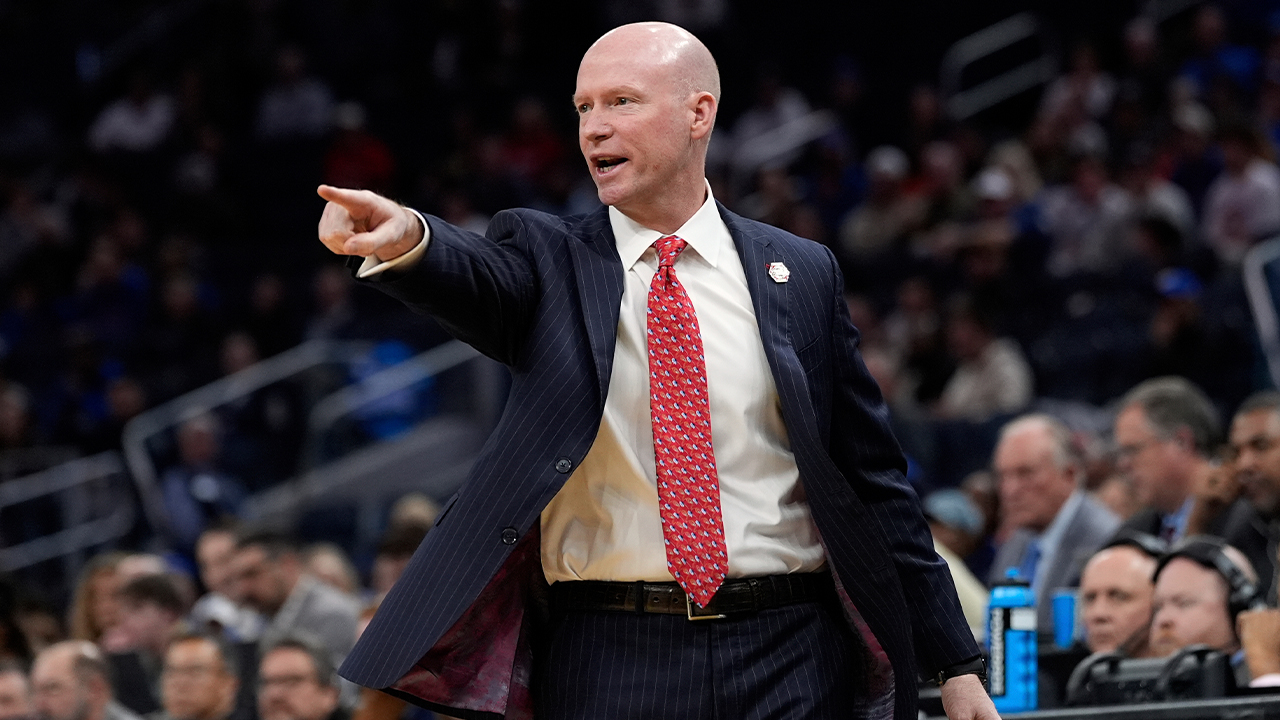Philadelphia's new COVID-19 vaccination requirement for indoor dining begins Monday
Philadelphia is now averaging more than 2,000 new COVID-19 cases per day.

PHILADELPHIA (WPVI) -- Beginning Monday, January 3, as part of a phased rollout, patrons will have to show proof of a COVID-19 vaccine to eat inside a restaurant or food establishment in Philadelphia.
Philadelphia Health Commissioner Dr. Cheryl Bettigole said the mandate is meant to help prevent another shutdown of indoor dining.
For the first two weeks of the mandate (through January 17), establishments may choose to accept proof of the negative COVID test in lieu of proof of vaccination.
"That negative COVID test must have been for the last 24 hours," Bettigole said when announcing the mandate.
After January 17, negative COVID-19 tests will no longer be accepted. Patrons will have to show their vaccination card and a form of government ID.
The city mandate also allows some extra time for children ages 5-11 and employees to get vaccinated. The city is asking that those groups have a first dose by Jan. 3 and a second dose by Feb. 3.

The requirement does not apply to people who are exempted from vaccination, including children under 5 or people with proven medical or religious exemptions, Bettigole said.
But those with exemptions and children between 2 and 5 years old will be required to present a negative COVID-19 test taken within 24 hours to enter establishments that seat more than 1,000 people covered by the requirement.
Philly officials say the mandate applies to the following settings that serve food:
-Indoor restaurant spaces
-Cafes within larger spaces (like museums)
-Bars
-Sports venues that serve food or drink for onsite consumption (including the Wells Fargo Center)
-Movie theaters
-Bowling alleys
-Other entertainment venues that serve food or drink for onsite consumption
-Conventions (if food is being served)
-Catering halls
-Casinos where food and drink is allowed on the floor
-Food court seating areas should be cordoned off and have someone checking vaccine status on entry to the seating area
Philadelphia is averaging more than 2,000 new cases per day, the highest average daily case count the city has had throughout the entire pandemic.











